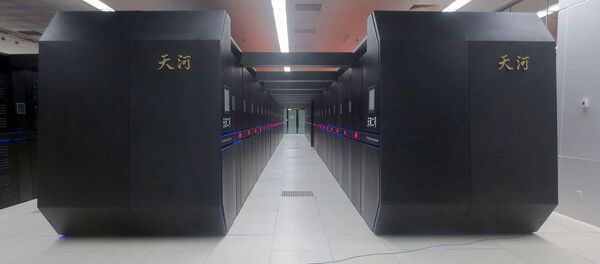He further explained that the idea behind this is that if, for example, a salesperson needs to meet with 500 clients around the world, as fast as possible and at the lowest cost, there could be trillions of different combinations to plan such a route. However, a quantum computer could do such a calculation very quickly.
Regarding what kind of changes software developers will encounter with the release of the quantum computers, Sciacca said that the algorithms for quantum computers need to be carefully designed to make use of the features of quantum mechanics in order to distribute speedups over classical algorithms.
“The subtlety involved in quantum algorithm design makes it challenging to apply quantum computing to real-world problems in enterprises. This is exactly why we are putting the Quantum Experience in the cloud for developers to use,” Sciacca said.
He added that in order to enable medium-sized quantum computers in a few years, it is important to begin shaping the software framework today and that is why understanding the Quantum Experience is vital.
The goal of this innovation, according to Sciacca, is to provide businesses and organizations with access to “a new realm of computational power, before unachievable, to solve real-world and societal problems.”
“With cognitive infrastructure and quantum systems, we can pair insight from the data we humans have created and collected, with the possibility of exploring the world we don’t have data for, a world which quantum computers can reveal,” he said.
Earlier in a statement to the press, the senior vice-president of IBM systems, Tom Rosamilia, said, “Classical computers are extraordinarily powerful and will continue to advance and underpin everything we do in business and society. But there are many problems that will never be penetrated by a classical computer. To create knowledge from much greater depths of complexity, we need a quantum computer.”
“We envision IBM Q systems working in concert with our portfolio of classical high-performance systems to address problems that are currently unsolvable, but hold tremendous untapped value,” the vice-president said.





